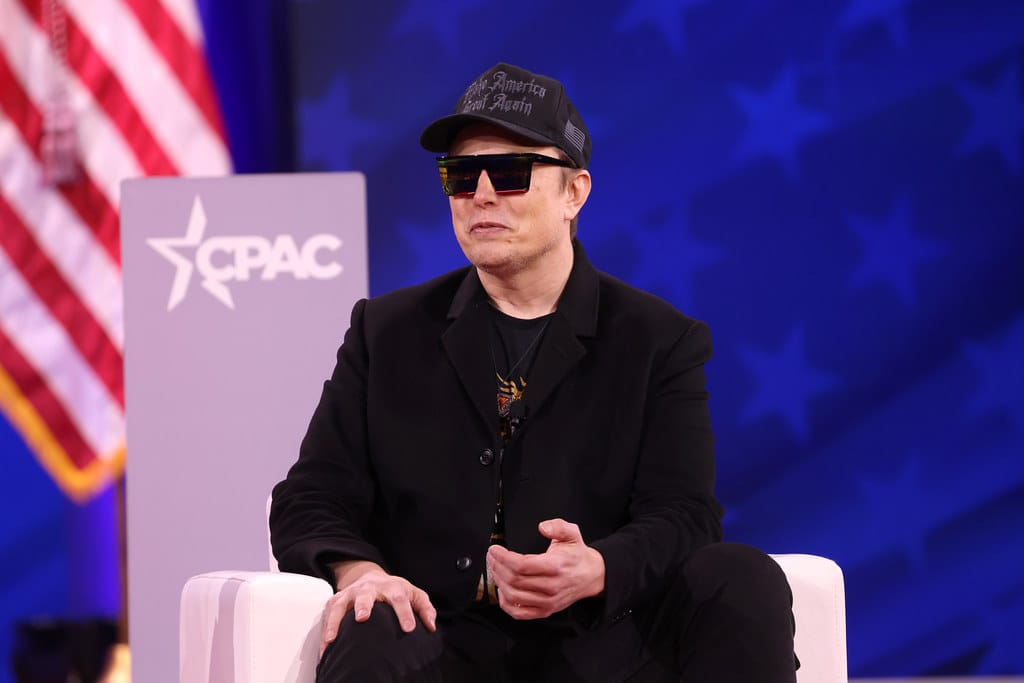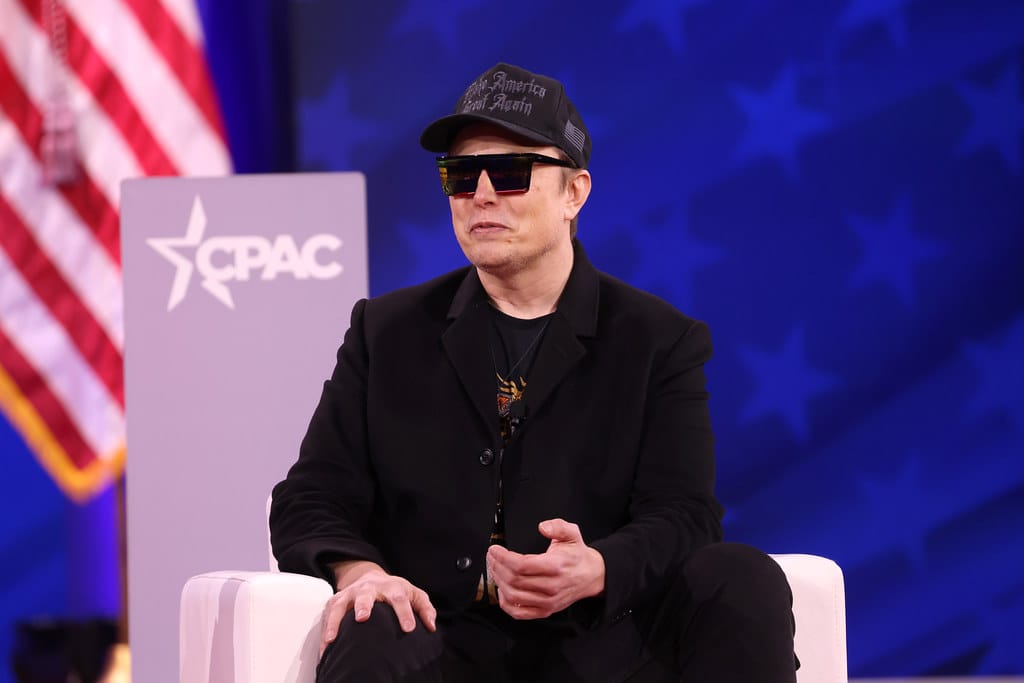Elon Musk's xAI Launches Bold Legal Challenge Against Tech Giants Apple and OpenAI
In a dramatic escalation of the AI wars, Elon Musk's artificial intelligence company xAI has filed antitrust lawsuits against both Apple and OpenAI, alleging anti-competitive practices that could reshape the future of AI development and distribution.
The legal bombshell, filed in federal court this week, represents one of the most significant challenges to the growing dominance of established tech giants in the artificial intelligence space. Musk's xAI claims that both companies have engaged in practices designed to stifle competition and maintain their stranglehold on AI innovation.
The Heart of the Legal Challenge
xAI's lawsuit centers on several key allegations that could have far-reaching implications for the tech industry. The company argues that Apple's App Store policies create unfair barriers for AI applications, while simultaneously claiming that OpenAI has engaged in monopolistic practices through its partnerships with major tech companies.
According to court documents, xAI alleges that Apple's restrictive App Store guidelines specifically target AI applications that compete with the company's own Siri assistant and emerging AI features. The lawsuit claims these policies violate federal antitrust laws by creating an "artificially high barrier to entry" for innovative AI companies.
The case against OpenAI focuses on the company's exclusive partnerships and licensing agreements, particularly its close relationship with Microsoft. xAI argues that these arrangements effectively shut out competitors from accessing crucial AI infrastructure and distribution channels.
Musk's Track Record with Legal Battles
This isn't Musk's first high-profile legal confrontation with major tech companies. The billionaire entrepreneur has previously engaged in public disputes with Twitter (before his acquisition), SEC regulators, and various other entities. His approach to litigation often combines legal strategy with public relations campaigns designed to generate maximum attention for his causes.
Industry observers note that Musk's legal challenges often serve dual purposes: seeking specific remedies while also drawing public attention to broader issues he believes deserve scrutiny. This latest lawsuit appears to follow that pattern, highlighting concerns about AI market concentration that extend beyond xAI's immediate business interests.
Market Dynamics and Competition Concerns
The timing of these lawsuits coincides with intensifying competition in the AI sector. xAI's Grok chatbot, launched with much fanfare, faces an uphill battle against established players like OpenAI's ChatGPT and Google's Bard. Market research indicates that OpenAI currently commands approximately 60% of the consumer AI chatbot market, while Apple's integration of AI features into its ecosystem gives it significant advantages in mobile AI applications.
Recent data shows that AI application downloads have increased by 300% over the past year, making app store policies increasingly crucial for AI companies seeking to reach consumers. If xAI's allegations prove accurate, Apple's control over iOS distribution could indeed represent a significant competitive bottleneck.
Industry Reactions and Implications
Technology industry leaders have offered mixed reactions to the lawsuits. Some smaller AI companies have expressed support for xAI's challenges, viewing them as potentially beneficial for market competition. However, established players have largely remained silent or dismissed the claims as publicity stunts.
Legal experts suggest that proving antitrust violations in the rapidly evolving AI sector will be challenging. The technology landscape changes so quickly that courts may struggle to determine what constitutes anti-competitive behavior versus legitimate business strategy.
The lawsuits could also prompt increased regulatory scrutiny of AI companies from federal agencies, potentially leading to broader investigations into market concentration in artificial intelligence.
What This Means Moving Forward
If successful, these lawsuits could fundamentally alter how AI companies operate and compete. Potential outcomes include forced changes to Apple's App Store policies, restrictions on exclusive AI partnerships, and new precedents for antitrust enforcement in emerging technology sectors.
For consumers, the cases could eventually lead to more diverse AI options and potentially lower costs as market competition increases. However, the legal process is likely to be lengthy, with appeals potentially extending resolution for several years.
The broader implications extend beyond the immediate parties involved. As AI becomes increasingly central to economic activity, questions about market concentration and fair competition will only grow in importance. Musk's latest legal gambit may well be the opening salvo in a much larger battle over who controls the future of artificial intelligence.
The outcome of these cases could determine whether AI innovation remains concentrated among a few tech giants or opens up to broader competition – making this a story worth watching closely.

